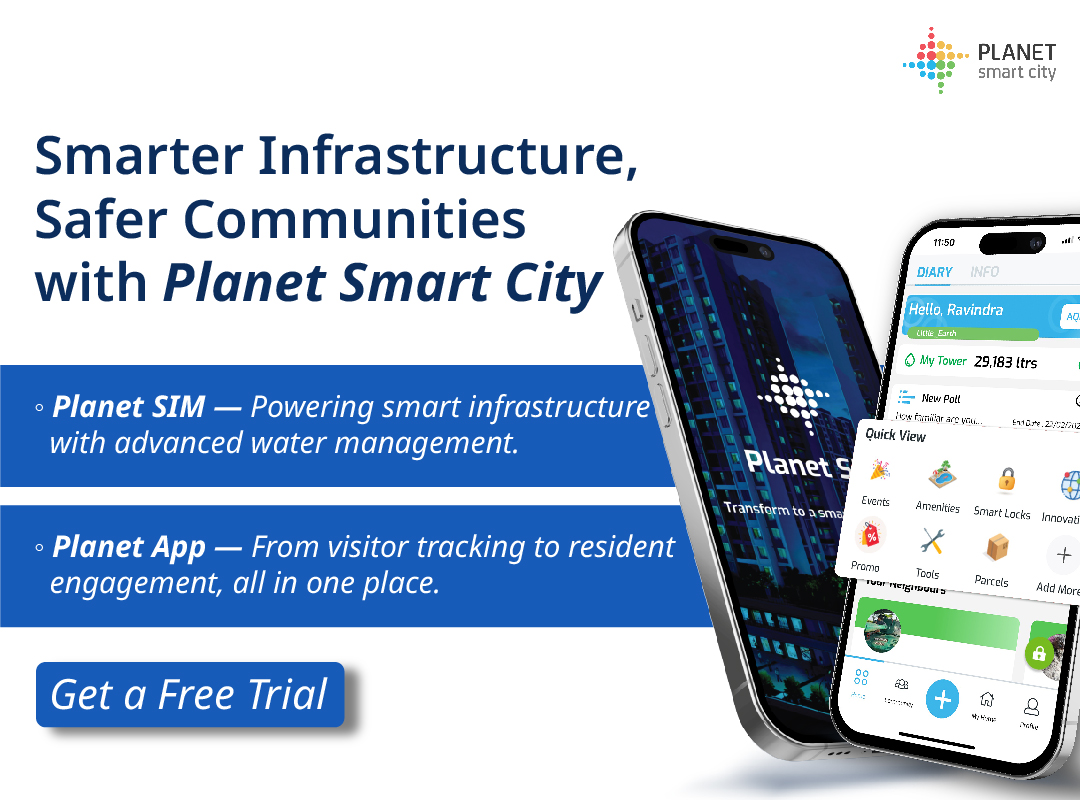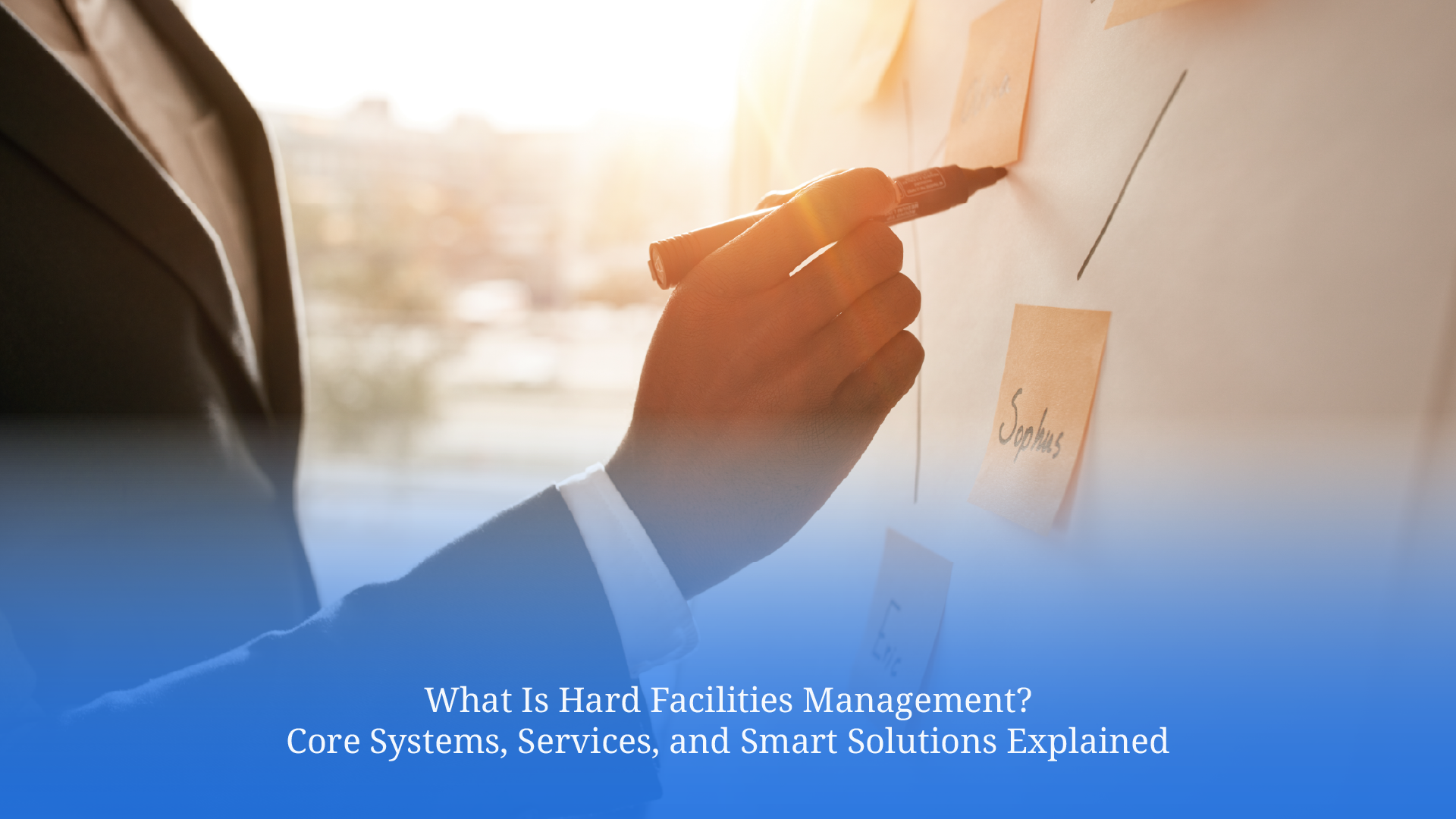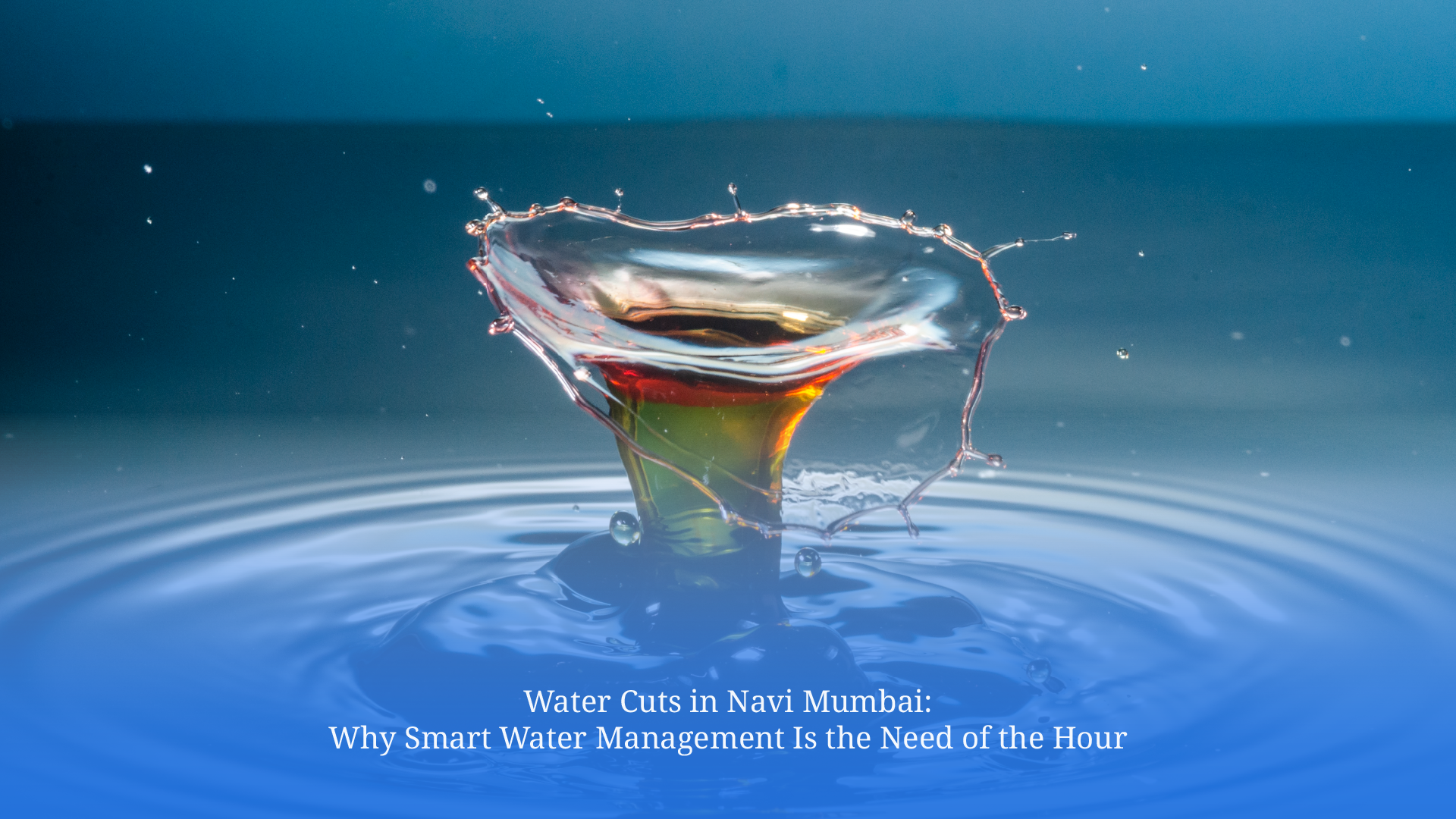Understanding the Water Tanker Crisis in Pune: Causes and Solutions
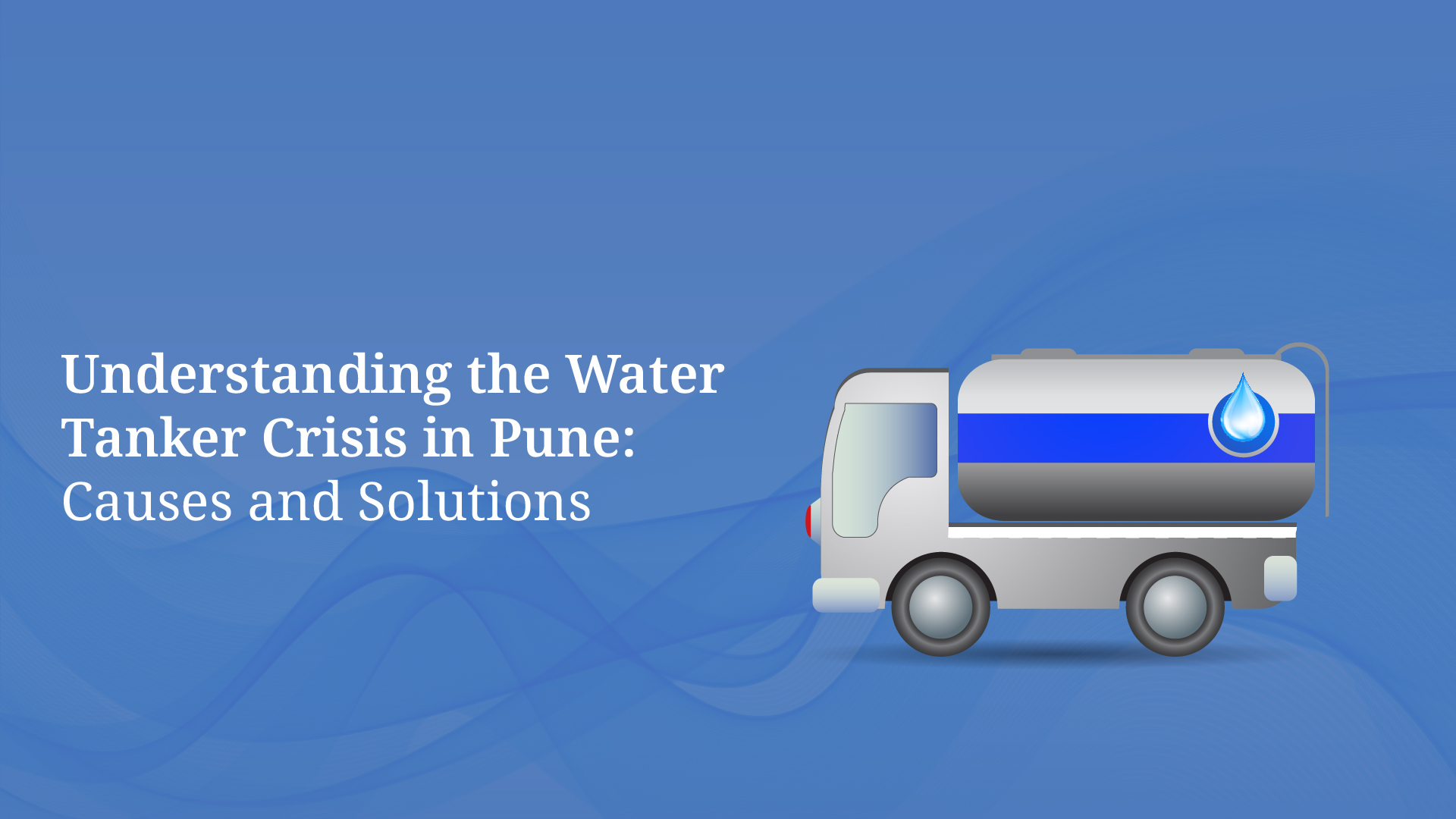
Pune, once admired for its pleasant climate and scenic beauty, is now grappling with growing water problems. The city’s rapid urbanisation has led to a significant increase in water demand, far outpacing its available supply. Currently, the city’s combined water storage stands at just 10.22 TMC, a sharp decline from last year’s 12.84 TMC. In addition, Pune’s annual water consumption has surpassed its allocated quota, with the city now consuming 20.49 TMC against its allotted 14.61 TMC.
While the Pune Municipal Corporation (PMC) has stepped in by providing free PMC water tanker services to some areas, these efforts have not been enough. The high cost of private tanker services has added to the financial burden of residents. As the crisis deepens, questions arise: Are these temporary measures sufficient? Or is it time to explore more sustainable and long-term solutions to ensure a steady and equitable water supply for Pune’s residents? Let’s discover further!
Water Problems in Pune: A Struggling City
As urbanisation continues, the water supply struggles to meet the rising demand. This has left the residents to face repeated shortages. Let’s delve into the key challenges contributing to water problems in Pune:
- Imbalanced Demand-Supply
The demand for water in Pune has surged dramatically. Unfortunately, the supply has not kept pace. This imbalance has led to consistent water shortages, leaving residents struggling to meet their daily needs.
- Water Contamination Issues
Many areas in the city are grappling with water contamination. This adds a layer of complexity to an already strained system. Access to clean and safe water is becoming increasingly difficult, worsening the crisis.
- Dependence on Water Tankers
For countless residents, water tankers in Pune have become indispensable. They act as the main source of water when the regular supply system fails. Yet, even this solution comes with its own set of challenges.
- Expensive Private Tankers
Private operators often charge hefty fees for water delivery. This creates a significant financial burden on families, particularly those in underdeveloped or water-scarce areas. For many households, managing water needs has become a struggle.
- Inconsistent PMC Services
The PMC water tanker service offers relief, but it is limited. Deliveries are frequently delayed, and the provided quantity often falls short of the actual demand. This leaves residents frustrated and looking for alternatives.

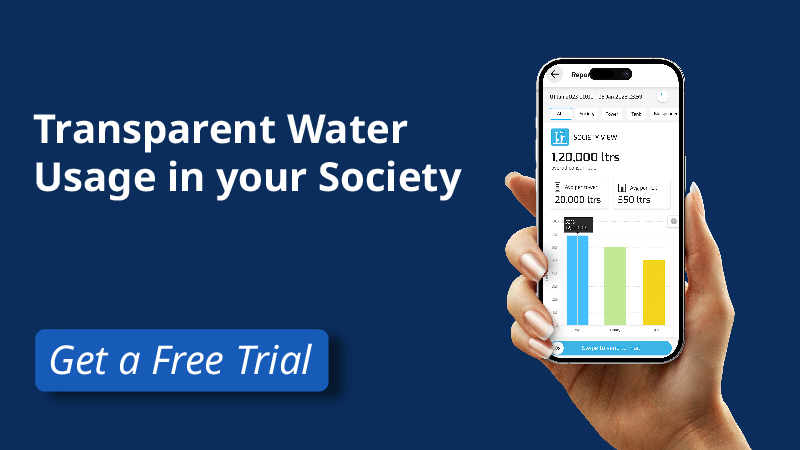
Planet Smart City: Sustainable Approach to Water Management
Pune’s water crisis demands innovative and sustainable solutions. Planet Smart City is leading the way by using advanced technologies to address these challenges. Here’s how our efforts are making a difference:
- Real-Time Monitoring
Planet Smart City, through its Planet SIM platform, leverages Internet of Things (IoT) devices for real-time monitoring of water usage. Smart meters and sensors track water flow and consumption. This allows authorities to identify inefficiencies early and take corrective action. The data-driven approach ensures water is distributed efficiently, with minimal waste.
- Smart Water Meters
Smart water meters provide detailed insights into consumption patterns. Both individuals and communities benefit from real-time data. This helps identify excessive use or unusual patterns, enabling timely interventions. The result is optimised water distribution, reduced wastage, and fair allocation.
- Leak Detection
Water leaks are a major cause of wastage. To combat this, Planet SIM uses advanced leak detection technology. Sensors continuously monitor pipelines. When a leak is detected, immediate alerts are sent for repairs. This approach preserves water resources, reduces costs, and prevents prolonged inefficiencies.
- Sustainable Infrastructure
Building sustainable infrastructure is a key focus for Planet Smart City. This includes optimising storage systems and upgrading pipeline networks. These efforts reduce water loss and ensure reliable supply. Not just that, through Planet SIM (Smart Infrastructure Management), residents can access the management of their infrastructure remotely.
- Responsible Water Usage
Technology alone cannot solve the crisis. Planet Smart City emphasises community engagement to promote water conservation. Through educational programs and smart community management, residents are encouraged to adopt water-saving habits. This collective effort plays a crucial role in ensuring water security.
- Reducing Dependence
With smart water management technologies, the reliance on traditional water tankers in Pune is decreasing. For instance, Planet Smart City’s real-time monitoring and leak detection systems helped save approximately 300,000 litres of drinking water per day in one housing society. Isn’t this a remarkably cost-effective solution?
The Path Forward for Water Security in Pune
While PMC water tanker services have been a necessary short-term solution, Pune’s future lies in adopting sustainable practices and advanced technologies. With smart water management, the city can conserve resources, ensure fair distribution, and make water accessible to every resident. By embracing these solutions, Pune can move towards a future of reliable and sustainable water security.
Popular Searches
advantages of IoT based smart water management system | rain water harvesting in society | importance of wastewater treatment | IoT based water management system | how to clean water tank | what is meant by water management | water management challenges | water management system | how to prevent wastage of water | pre-scheduling tanker management system | sustainable water management | problems faced by society | how to repair water tank leakage | reasons for water shortage |checklist before buying a flat in pune

